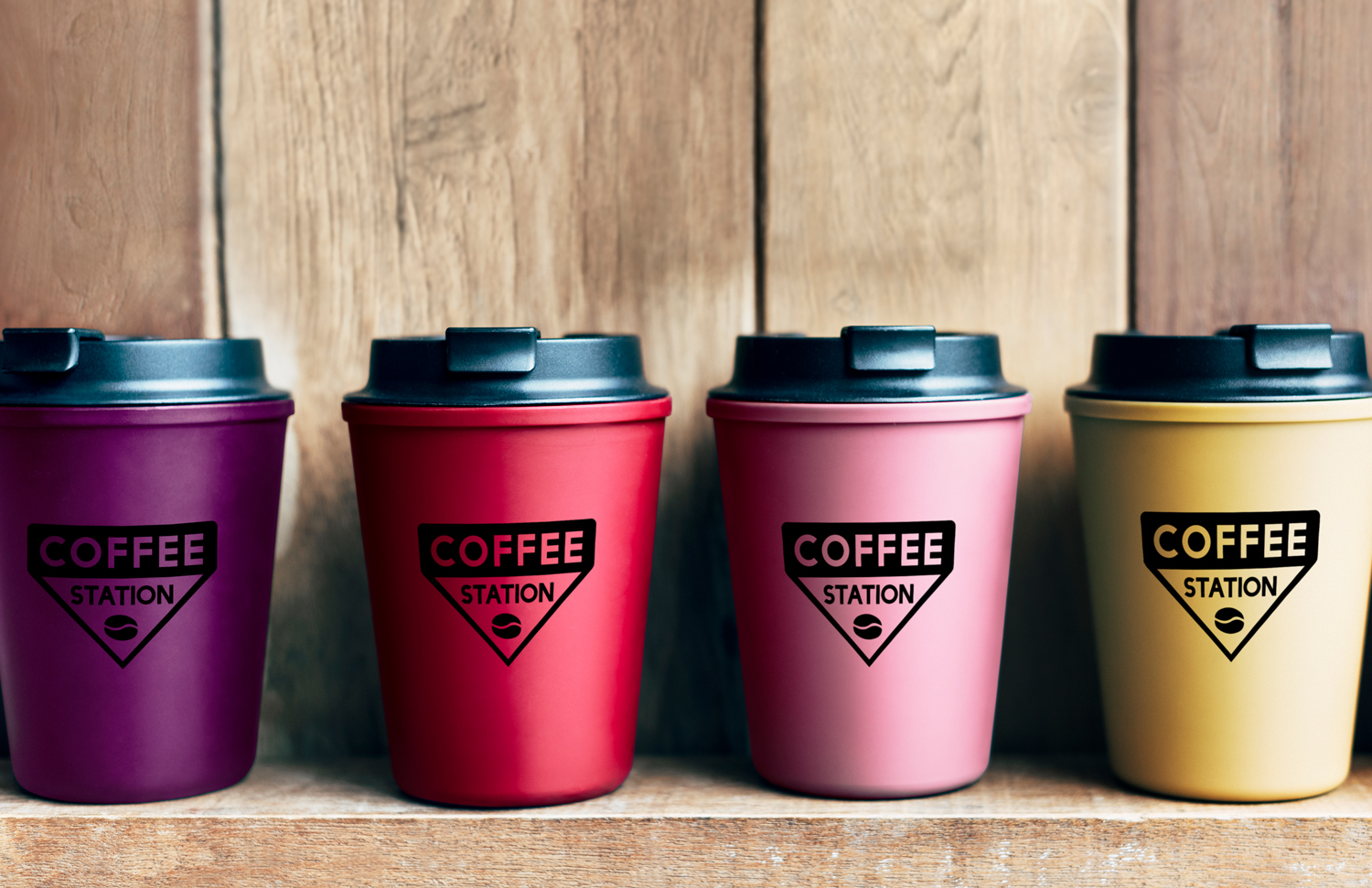From next year, caterers will have to offer their customers reusable packaging in addition to disposable packaging for to-go beverages and takeaway food for transport. We take a brief look at the new situation for food and beverages, which also affects retailers. We also present the four basic reusable systems and venture a look into the future.
At the beginning of the year, we had already given you a general overview of the topic of reusables and presented how the systems are used in practice. Due to current developments in the catering sector, we are taking up the topic again.
This is the new reusable offer obligation
As of January 1, 2023, there is a reusable offer obligation for companies. Section 7 of the Packaging Act (available here as a pdf) defines the obligation for “reusable alternatives for single-use plastic food packaging and single-use beverage cups” under the heading “Reduction of the consumption of certain single-use packaging” in Section 33.
- Restaurants, cafés, canteens, delivery services, catering companies but also food retailers who offer food for consumption away from home and offer it directly in plastic packaging must make their customers the offer to switch to reusable packaging.
- The offer must only be made if the packaging of the product is carried out at the customer’s request, virtually in front of the customer, and not if the product is sold pre-packaged.
- There are exceptions, among others, for establishments that do not belong to a chain and are smaller than 80 square meters or have less than 5 full-time employees.
Even less than two months before the reusable offer obligation comes into force, there are still some ambiguities about the legal situation that have not been clarified. For example, parts of § 33 and § 34 are not sufficiently clear and do not sufficiently take into account the complexity of practice and the variety of forms of supply and delivery.
Objective of the new duty
The new obligation to give customers the option of having to-go drinks and take-away food packaged in reusable systems is aimed at reducing the amount of waste in the out-of-home sector.
According to Nabu, around 280,000 tons of packaging waste related to to-go food and beverages was generated annually in 2017. This figure is likely to be higher now, given the increase in out-of-home sales with Corona.
Food
In the case of food, the mandatory reusable offer only applies to companies that offer single-use packaging made entirely or partially of plastic. Boxes made of plastic are a prominent example. It is currently unclear exactly how “consisting of plastic” is defined. For example, does it apply to cardboard boxes that have a plastic coating?
Beverages
In the case of beverages, the obligation to offer reusable containers applies in principle and across all materials to all disposable cups. In other words, all companies that sell to-go beverages must offer a reusable alternative.
An overview of reusable systems
Various reusable systems have already become established in Germany. They are used especially in larger cities and urban areas. Covid-19 and the pandemic-related closure of the catering industry have increased demand and delivery volumes in the to-go and out-of-home food sector and have basically established them even more strongly.
In principle, a distinction is made between four reusable systems:
- individual system: customers bring their own containers, which are filled by the catering company.
- island system: the catering company has its own system of reusable containers, which it procures, fills, and takes back.
- integrated system: several catering businesses have their own system of reusable containers, which are procured, filled and taken back as a group.
- pool system: a system operator provides the containers and offers support in handling and distribution. Pool systems are highly prevalent because they require the least effort on the part of the foodservice industry.
In focus: pool systems
Pool systems in particular are currently seeing a lot of movement and innovation, with new suppliers providing more and more new solutions.
The top dogs in returnable pool systems include recup / Rebowl, CupforCup, Faircup and Vytal. They differ essentially in the breadth of their offerings. While some offer only cup systems, (increasingly more) also offer bowls (e.g. “Rebowl”) and boxes.
New suppliers bringing new innovations include.
- According to their own information, the developed PFAndBOxes are sustainably produced in Germany. The boxes come in two sizes. Compared to other solutions, they are leak-proof, according to PFABO.
- Berlin-based startup 1Less has created an innovative reuse system that works with RFID tags and a smart return system. Each package has its own ID and can theoretically be used 800 to 1000 times. The “smart return systems” can be easily placed in a wide variety of locations and recognize the returned packaging thanks to RFID technology. As with Vytal, the system works using an IoT platform and customer-side use of an app.
- Initial experience shows that certain framework conditions increase acceptance. These include, first and foremost, high system convenience through many return points and an acceptable deposit level.
Winners and consumers
Pool systems are expected to account for a large share of the reusable container market for takeaway food and beverages in the medium term. Pools, with their many redemption points, are generally superior to island or composite reusable systems, both environmentally and economically.
Initially, the number of pool providers will continue to increase. Eventually, however, one system will emerge as the winner in terms of efficiency and sustainability.
There are a number of studies that show that the acceptance of and demand for reusable solutions is also increasing among consumers. Even the additional expense involved is being accepted (at least in surveys).
Customer demand, together with the law on mandatory reusable containers, will ensure that the market for reusable containers continues to grow. Waste and waste avoidance are the focus here and act as a reliable driver.

